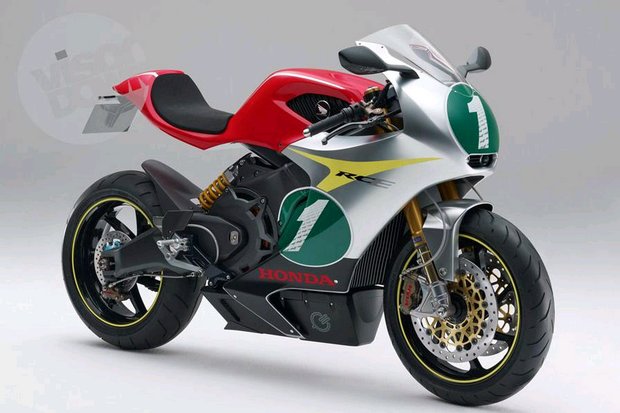
Thailand is unready for 100% electric motorcycles because regulations for lithium-ion battery recycling are insufficient to promote eco-friendlier motorbikes, says a key Honda official.
Yoichi Mizutani, president of AP Honda, the local distributor of Honda motorcycles, said commercial sales of battery electric motorcycles will have to wait for a more thorough legal framework to support the business.
"If we wanted to sell the 100% electric motorcycles locally, we would have to make our own battery recycling facility by ourselves," Mr Mizutani said. "The country needs to enact laws on this matter, as lithium-ion batteries have to be recycled and disposed of under a strict method."
He identified three upcoming disruptions for the motorcycle market: autonomous vehicles, electric mobility and ride sharing.
Honda plans to emphasise ride sharing as a top priority for Thailand and Bangkok. The company has joined the ride-sharing platform led by SET-listed property developer Sansiri Plc.
The platform is based at Habito Community Mall on Sukhumvit Soi 77 and cooperates with Honda and five other companies.
Honda provides the PCX Electric, imported from Japan, for the ride-sharing platform.
Last August, Honda launched the Thai-assembled PCX Hybrid locally. The batteries for hybrid motorcycles are also imported from Japan.
AP Honda vice-president Suchart Arunsaengroj said the PCX Hybrid is the only model that makes sense for the local mass market. Honda sold 1,000 of the bikes in 2018.
For the PCX Electric, Honda will pursue business-to-business and business-to-government sales only.
"Because of legal limitations, these two business forms for the PCX Electric are suitable in the current circumstances, as Honda can specify its custom-made services and manage the battery recycling," Mr Suchart said.
Honda expects sales volume of 1.36 million motorcycles in 2019, down 3%, as economic sentiment weakens.
Honda's big-bike segment forecasts 13,300 units sold in 2019, unchanged from 2018.
For the country's overall motorcycle market in 2019, Honda sees sales of 1.72 million units, down 4%.
Mr Suchart said the economy in 2019 is not supportive of an expanding motorcycle market, especially with crop prices likely to remain at a low level. Meanwhile, the tourism sector is suffering from the decline in Chinese visitors.
Mr Suchart said Honda hopes for a market pickup during the upcoming general election, but he added that so far there are no positive signs of motorcycle sales revving up for political campaigns.
"With these negative factors, Honda is downbeat on its sales outlook and the market projection in 2019," he said.
AP Honda on Saturday reported sales of 1.404 million motorcycles in 2018, down 1.4%.